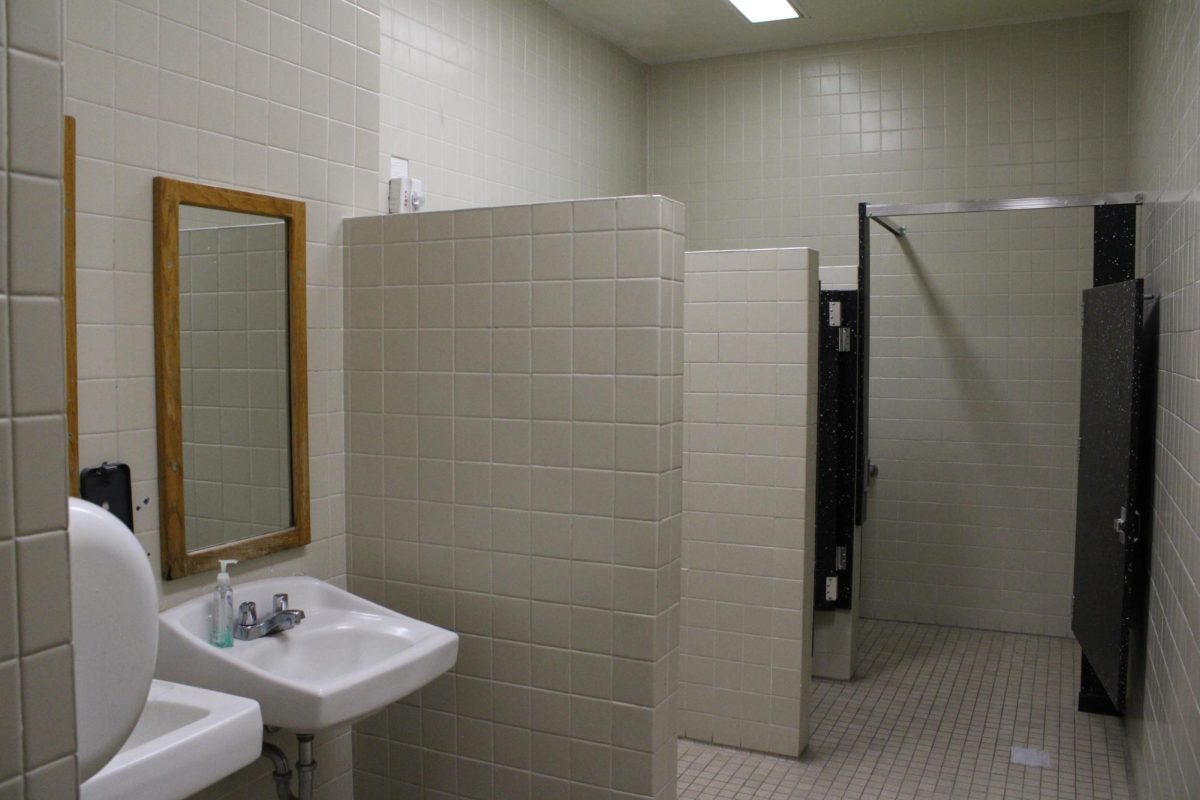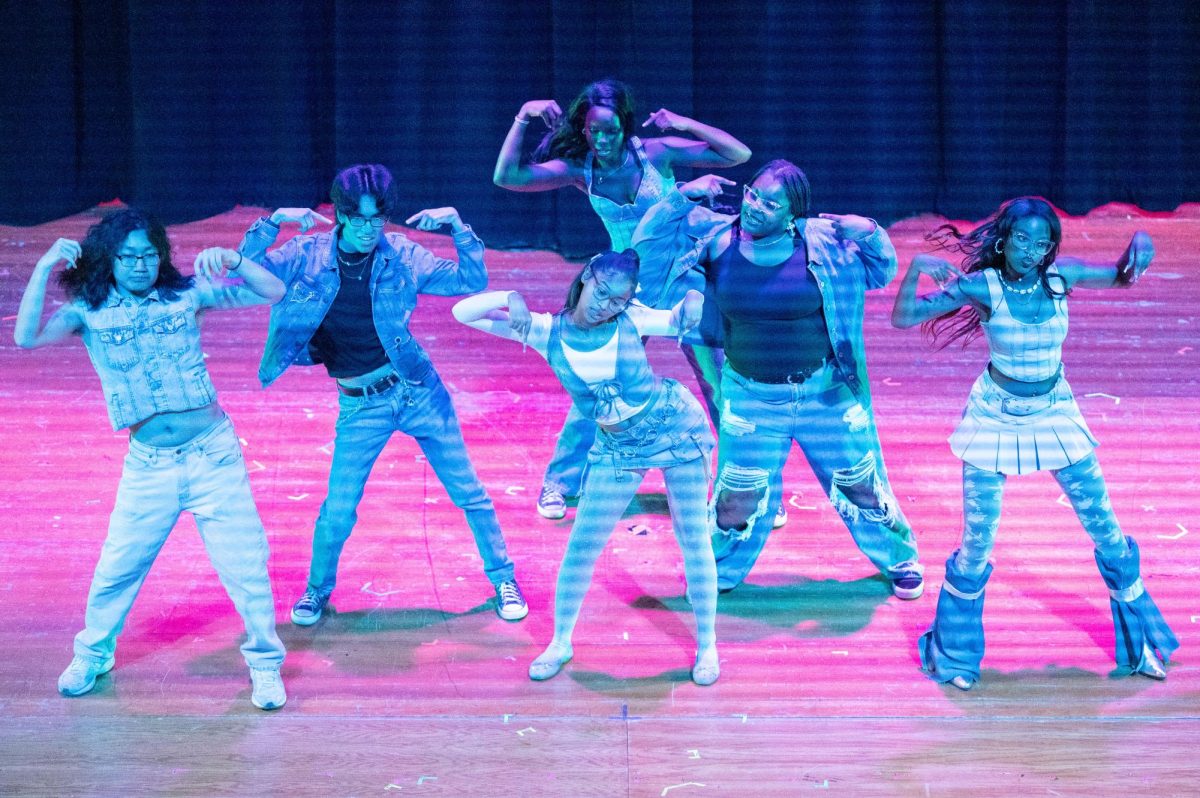“The Lion King” is a Disney classic, often cited as one of the franchise’s best films. It received a live-action adaptation in 2019 to…not great reception. Even now, it only has a 6.8 rating on IMDB, as opposed to the 8.5 that the original has.
Personally, I despised the live action version—I hold the original very close to me, and I find how they adapted it to almost be a bastardization of an amazing film. But despite that, I swore to myself that I would go into “Mufasa: The Lion King” with an open mind.
I still didn’t like it that much. In fact, it was so unmemorable I actively had to look up details about the plot to remember what even happened.
The animation is about the same, and the plot is fine, I guess? It’s an in-depth backstory for Mufasa, and the definition of “sufficient.” The story sees Mufasa grow up with his brother Taka, and their encounters with a group of white “outsider” lions, which eventually culminates with Mufasa being declared the king of the Pridelands, and Taka changing his name to Scar.
And that’s kinda it. It is a backstory for Mufasa from “The Lion King”—nothing more, nothing less. The main thing that is interesting about the presentation is that it’s initially presented as a story the baboon Rafiki is telling Nala.
The voice acting was good, as always—that’s one thing you can’t usually critique with Disney. The music was definitely good, but it doesn’t make up for how forgettable the story is and how mediocre the animation is. It scored a 6.7 on IMDB–for context, its competitor film, “Sonic the Hedgehog 3,” scored an 8.3.
If you liked the 2019 live-action “Lion King,” you’ll probably like “Mufasa,” but otherwise, don’t bother.

















